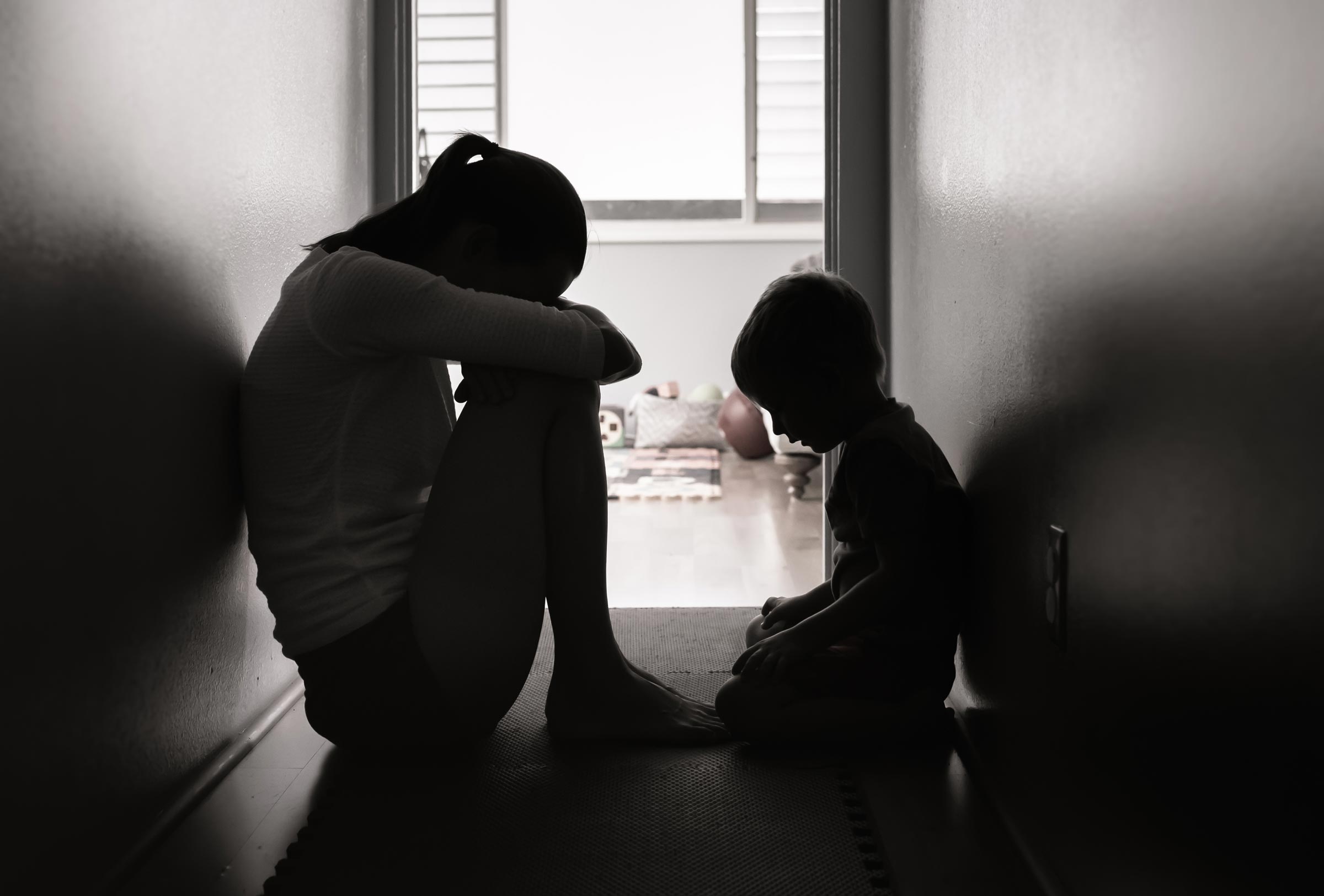Subscribe
Significant new laws aim to offer more protection in cases of family violence and abuse
In May 2024, changes to Australian family laws came into operation, significantly affecting how parenting matters are handled. The changes are the result of a Government inquiry into community concerns that family laws did not provide sufficient protection from abuse and family violence.
How are the new parenting laws different from the previous laws?
The child’s best interests are paramount when a court must work out parenting arrangements. In that context, family violence is a central focus of the changes to the Family Law Act.
The changes reflect a language shift from ‘protection’ to the ‘safety’ of the child or caregiver.
The following core principles underpinned the previous laws:
- The child’s right to know and be cared for by both parents
- The child’s right to regularly spend time with parents and other important people
- The parents’ responsibility for shared care
- The child’s right to participate in their culture
However, those objects and principles no longer apply.
To focus more on the individual needs of each child, the objects of the new parenting laws are:
- to ensure that the best interests of children are met, including by ensuring their safety; and
- to give effect to the Convention on the Rights of the Child
What must a court consider when deciding what is in a child’s best interests?
Under the old laws, when determining what was in a child’s best interests, a court considered whether the child would benefit from a meaningful relationship with both parents, and whether they needed protection from harm, abuse, neglect, or violence.
However, under the new laws, a court must now consider:
- How to keep the child and caregivers safe from violence, abuse, neglect or harm
- The child’s wishes
- Meeting the child’s developmental, psychological, emotional and cultural needs
- Each caregiver’s ability to meet the child’s needs
- The benefit to the child in having relationships with the parents and other important people (if safe)
- Anything else that is relevant
- When making its decision, a court must also consider any history of violence, abuse or neglect, and any relevant family violence orders.
Is there still a presumption of equal shared responsibility?
Before the changes to the Family Law Act, the law required a court to presume that equal shared parental responsibility was in the best interests of a child. This often meant the parents would have joint responsibility for making long-term decisions for the child such as schooling and healthcare. However, the presumption did not apply if there were reasonable grounds to suspect harm, neglect, abuse or family violence.
This often meant that it was uncommon for a parent to have sole parental responsibility, and parties often expected that a court would divide the child’s time equally between them.
However, the new laws have changed this.
There is no longer a presumption of equal shared parental responsibility in parenting matters.
Now, it is more likely that parenting orders will allow a parent to have “sole parental responsibility:
- For all long-term decisions for a child; or
- For some specific issues, and otherwise the parents to have joint parental responsibility (known as ‘joint long-term decision making’).
These changes aim to reduce pressure to agree to parenting arrangements in circumstances of family violence or abuse. The changes also give courts more discretion to decide parental responsibility and care arrangements.
What are the long-term issues?
Other changes to the Family Law Act include:
- Where a court orders ‘joint long-term decision making’, the parties must make a genuine effort to reach an agreement
- Parents are encouraged to negotiate major long-term issues in their children’s best interests (if it is safe to do so)
- Where a child spends time with a person under a parenting order, that person is not required to consult either parent about non-major long-term issues concerning the child
These provisions aim to:
- Encourage the parties to co-parent constructively;
- Reduce the need for parties to consult each other about decisions involving a child; and
- Reduce the risk of family violence.
Is there a way to change final parenting orders?
Generally, it is not in a child’s best interest for legal disputes to go on indefinitely. The changes to the Family Law Act now include this principle. A court must not change final parenting orders unless:
- There is a significant change of circumstances; and
- It is in the best interests of the child.
When deciding what is in the best interests of the child, a court may consider:
- Why the original order was made and on what information it was based;
- Any new information that was not available at the time of the original order;
- Whether reconsidering the order is likely to result in significant changes; and
- Any potential benefits or harm to the child that may result from reconsidering the order.
What is the role of Independent Children’s Lawyers?
An Independent Children’s Lawyer (ICL) is sometimes appointed to represent a child’s interests in a family law matter. A court may appoint an ICL when it wants independent assessment and advocacy for a child’s best interests.
Under the old laws, an ICL was not required to meet with or speak with a child they represented.
However, the new laws require an ICL to meet with and speak with the child, unless:
- The child is under five years of age (except where it is considered appropriate);
- The child does not want to meet with the ICL or express their views; or
- There are ‘exceptional circumstances’ (for example, the risk of psychological harm).
This requirement allows the ICL to get first-hand information and views from the child, which can be expressed to a court on their behalf.
However, some commentators are concerned this requirement may lead to:
- A greater need for the child to engage with experts and advocates in family law proceedings (which is already acknowledged to not be in a child’s best interests), at a time of high emotions and stress; and
- Greater pressure or influence on a child to express a particular view to the ICL.
The final word
The new laws aim to improve protections for survivors of family violence (both parents and children). However, as a result, there may be more significant difficulties in negotiating parenting settlements because there is no longer a presumption of equal shared parental responsibility.
Subscribe




